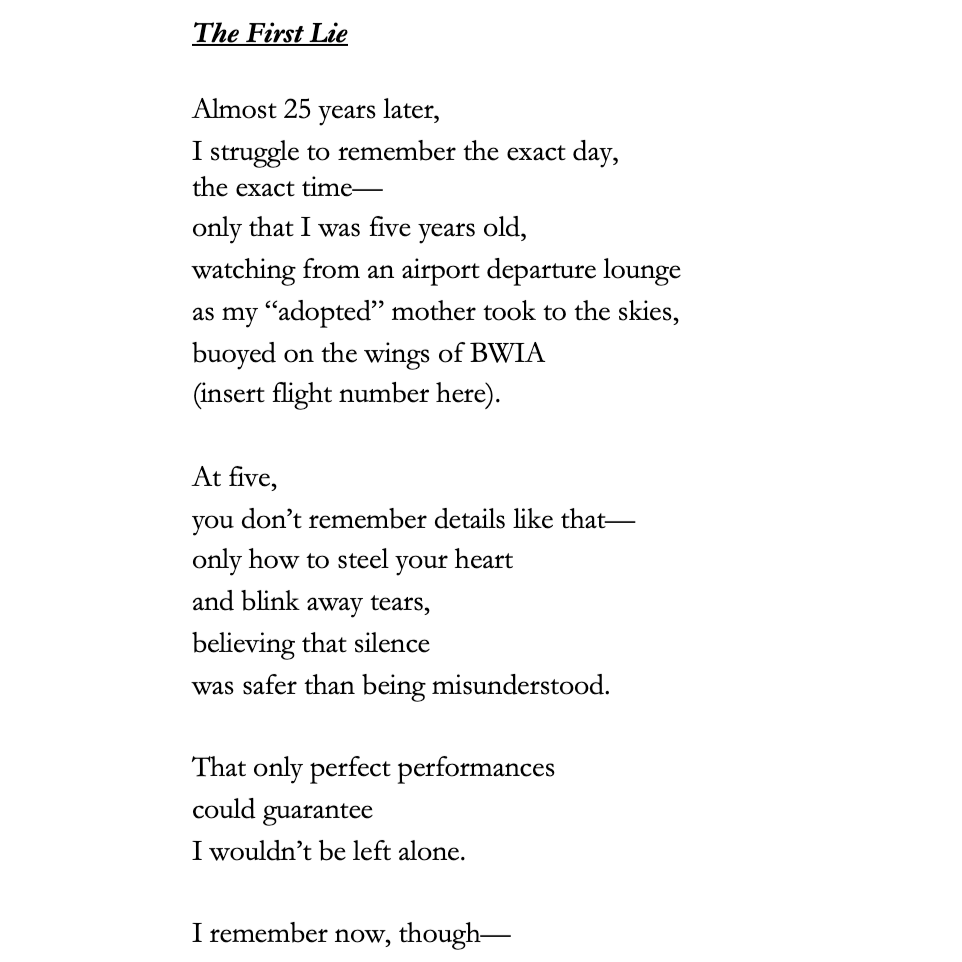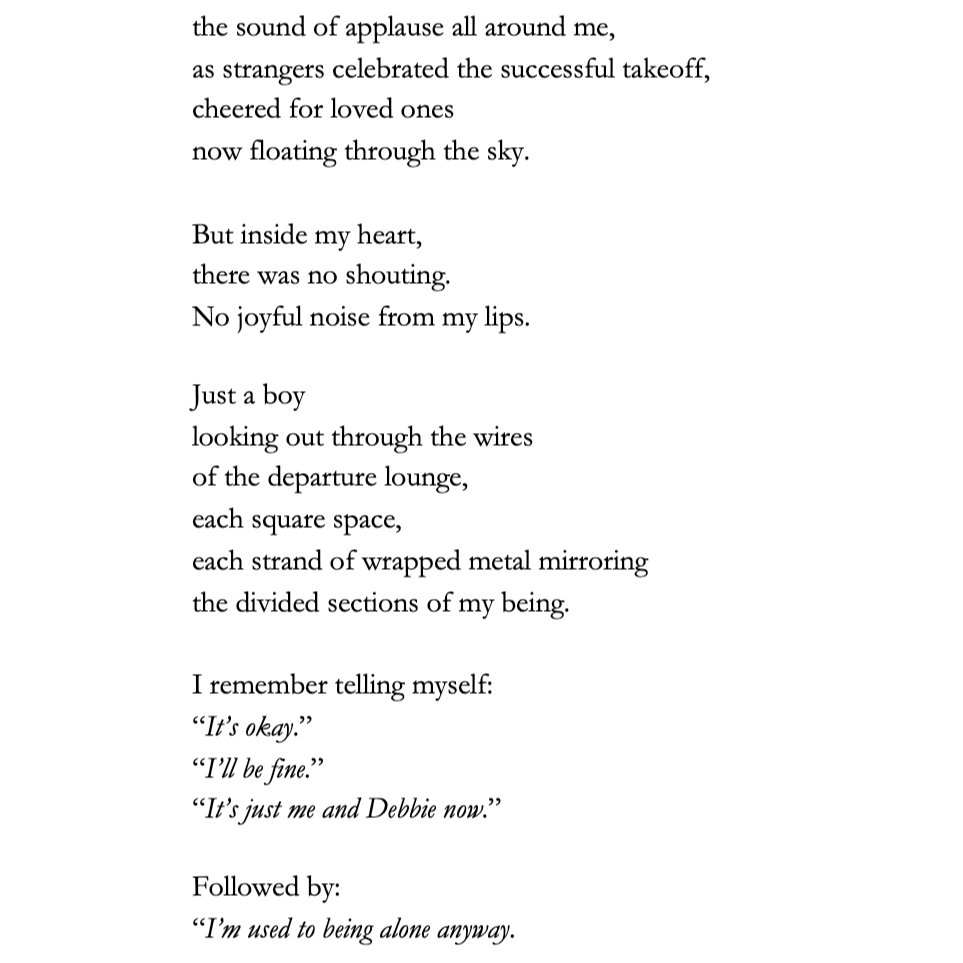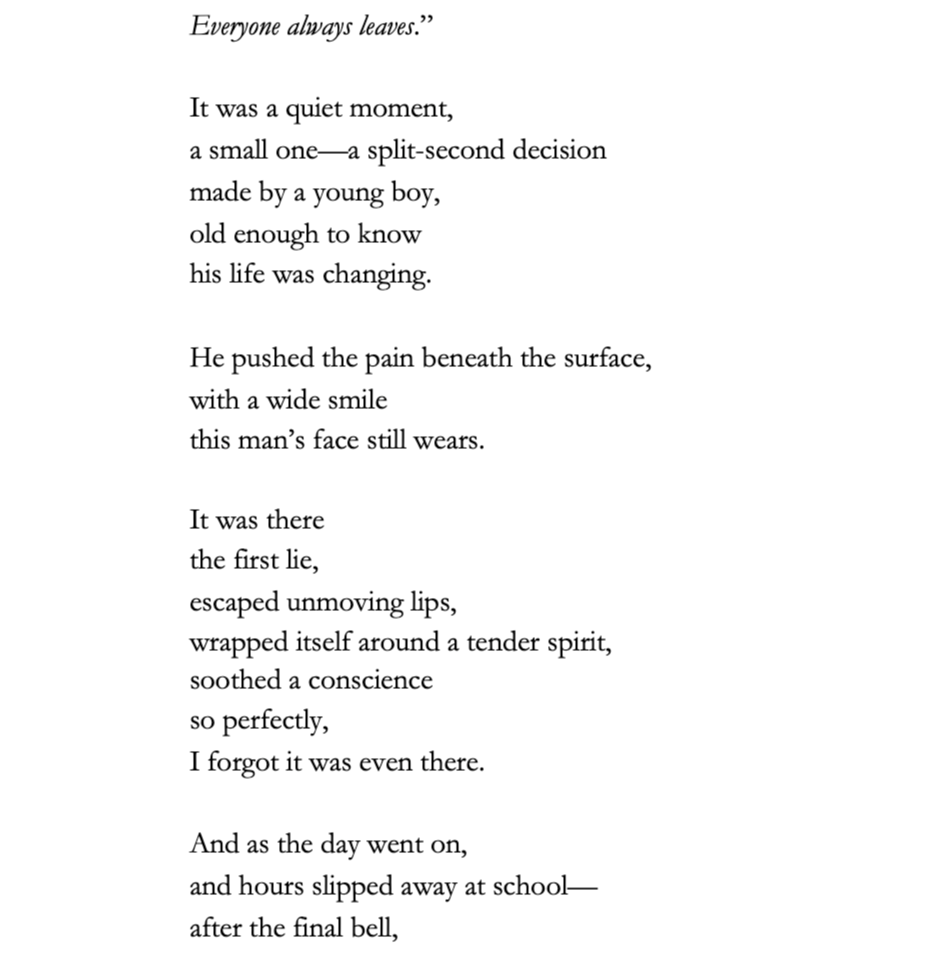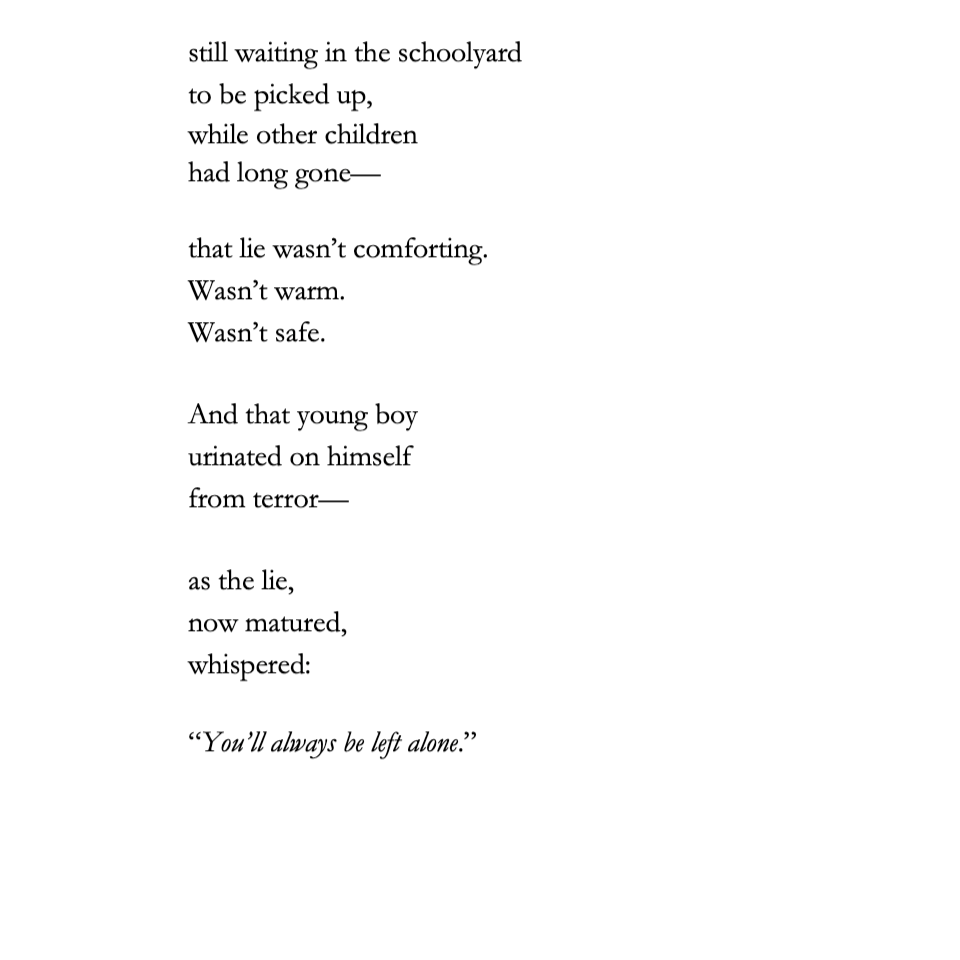Rule No. 20: EMOTIONS ARE THE WORST ADVISORS
Emotions can blur our vision, distorting what’s real until all we see are shadows.
To have emotions is not a problem. To let them make decisions for you? That’s the mistake.
Hello dear Reader, and welcome back to another week in The Playbook: Rules for Life. Before we even get into today’s rule, I want to ask you something simple: how are you?
No, really—how are you? You don’t have to tell me, but be honest with yourself.
Since our last entry, it feels like the world has taken a deeper descent into relentless chaos. Every time we look at the news, there’s another crisis in our schools. We see tragedies that barely shake us anymore because we’ve grown numb. But let’s face it—we’ve been numb for a long time. Our timelines may have a few sprinkles of humor here and there to keep us sane. And if we’re lucky, the occasional glimmer of hope that we repost to our stories just to remind ourselves, and others it’s still out there.
And that’s just the world out there. Inside our own lives, for some of us September hasn’t been much gentler.
Personal loss. Career uncertainty. Division in our communities. Disruptions that make “routine” feel like some distant luxury.
So before we dive into today’s lesson, let’s just breathe. I’m borrowing here from one of the leaders and gentle souls in my extended community—Ms. C.J.—who taught me this practice:
Inhale slowly through your nose for four seconds.
Hold it for four.
Exhale slowly through your mouth for four.
Then hold again—empty—for four.
Repeat it as often as you need.
It’s simple, but powerful. That small act resets the nervous system, sharpens the mind, and gives emotions the space to settle before they start steering the wheel.
Who Really Drives?
That brings us to this week’s rule: emotions are the worst advisors.
Don’t get me wrong—our feelings matter. I’d never argue that they don’t. God gave us the capacity to feel joy, grief, anger, compassion, and everything in between. But our emotions were never meant to drive and control us.
Think of a car with its dashboard lights and indicators. Check engine light, brake fluid low, and everything in-between. Our emotions are like these indicators, like those dashboard lights—signals that tell us something’s happening under the hood. They aren’t meant to grab the wheel, and certainly not meant to put the car on autopilot.
But the truth is, we sometimes easily let them take over. I know I’m certainly guilty of doing so. Trust me when I say I know how easy it is to let them take over.
When I’m unsettled, storming inside, or already frustrated, my decisions reflect it. My words turn sharp. My judgment gets cloudy. My choices become reactive. And then I’m left with the mess, long after the emotion itself has passed. Then comes the shame, the self-loathing, and the endless thoughts of “You knew better,” coupled with “Why did you react that way?”, “There’s something legitimately wrong with you.”
And that’s the irony—emotions fade fast, but their consequences stick around.
Grace in the Pause
I’ve had seasons where anger felt like fuel. It pushed me to move faster, argue harder, fight longer. I wrote once about how I used anger on the basketball court, and even in heavy lifting sessions at the gym. But after the adrenaline, what was left? Exhaustion; and it was an exhaustion I felt deep in my bones, where all I wanted to do was sleep for hours.
I’ve had moments where sadness or shame convinced me to walk away from opportunities God Himself had placed before me. Looking back, those choices didn’t reflect who I actually was—they reflected who I was in that one clouded moment.
And then there’s exuberance. Times when happiness had me spending money I didn’t really have. Debbie has a phrase for that: “eating fowl today, feather tomorrow.” The joy was real, but so was the bill afterward.
What I’ve learned is this: there’s grace in pausing. Even a few seconds of breath can break the spiral. That pause makes room for wisdom, prayer, and truth to speak where emotions once shouted.
It’s not easy. Sometimes, everything in you wants to react. But growth often hides in the gap between feeling and acting. Sometimes the wisest thing you can do is step out of the room before you say something you’ll regret.
I’ve done it both ways. I’ve let words fly like arrows from the quiver of my emotions, only to regret them as soon as they left my mouth. But once they leave, there’s no taking them back. There’s apologizing, but an apology doesn’t erase the pain caused.
I’ve also pushed through the heaviness, showed up when I didn’t feel like it, and watched dread transform into joy, peace, and connection. After, I’ve always been thankful that I didn’t listen to my feelings and I pushed through whatever the funk was.
And yes, sometimes our emotions are justified: Anger at injustice. Sadness from loss.Excitement at the promise of something new.
But if anger hardens into bitterness, if sadness leads to isolation, or if excitement becomes recklessness—then emotion has overstepped its role.
In Rule 19 I wrote that mistakes don’t define us, and that still rings true. But I wonder how many of our mistakes don’t come from ignorance, but from letting emotion drive instead of simply alerting us?
I’m reminded of one of my poems from Embers of Light & Shadows, about an emotion I first felt at five years old. That single feeling shaped so much of how I lived afterward. It took years of unlearning—and God’s grace—to dismantle the lie it carried. The poem is fittingly called The First Lie.




That boy believed what his emotions told him: silence was safer, that perfection was protection, and that everyone eventually leaves.
That was the first time I lied to myself, and it was the first time I let emotions steer my ship. And yes, I know I was young and didn’t know any better. But as I grew older, that lie became the script I carried into adulthood—until God, in His grace, began to dismantle it.
I often think about how our stories are written by emotions formed in childhood. And just as my story carried a lie born from unchecked emotion, Scripture gives us plenty of examples of the very same thing.
The Pattern of Scripture
Scripture gives us plenty of cautionary tales about emotions running the show:
Moses, in his anger, struck the rock instead of speaking to it (Numbers 20). Water came out, but the consequence was heavy—he never entered the Promised Land.
Saul, consumed by jealousy of David, let envy unravel his kingdom (1 Samuel 18).
Jonah, in his bitterness, sat sulking under a plant, missing the joy of Nineveh’s redemption (Jonah 4).
And then there’s the alternative: Jesus. He felt the full spectrum—anguish in Gethsemane, grief at Lazarus’ tomb, righteous anger in the temple—yet He never let emotion compromise His obedience.
The difference? Emotions were present, but they weren’t in charge. They weren’t running his show.
And yes, it’s tempting to say, “Well, He was God”. True. But Hebrews 2:17 reminds us He was “made like us in every way.” Which means He showed us what it looks like to feel fully, without following blindly.
Closing the Rule
So what does this mean for us? It means the next time you feel yourself on edge whether from frustration, heartbreak, or fear—pause.
Breathe.
Pray.
Remember: emotions are companions, not captains.
They alert, but they also can exaggerate, distort, and send false signals. They can keep us living out scripts we know to be false, and may be trapped in. But if we anchor ourselves in truth, wisdom, and faith, we’ll find stability even when the storm hits.
So here’s where this week’s rule lands: emotions are the worst advisors.They can inform us, they can warn us, but they should never dictate our response.
So as you step into this week, my prayer is that you’ll feel deeply—but choose wisely. That you’ll honor your emotions without handing them the wheel. And that in the quiet pause between feeling and action, you’ll sense the steady hand of grace guiding you forward.
Even when the storm rages, grace stands steady—guiding us through what emotions can’t carry.


